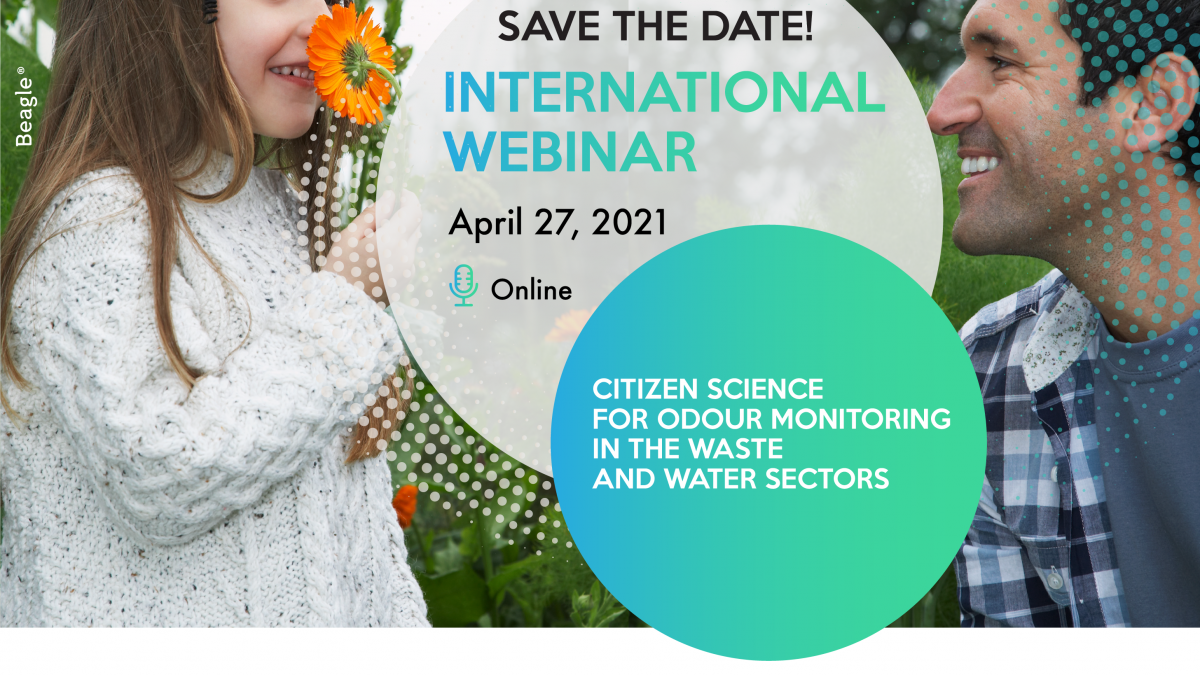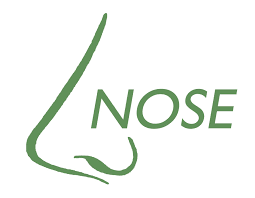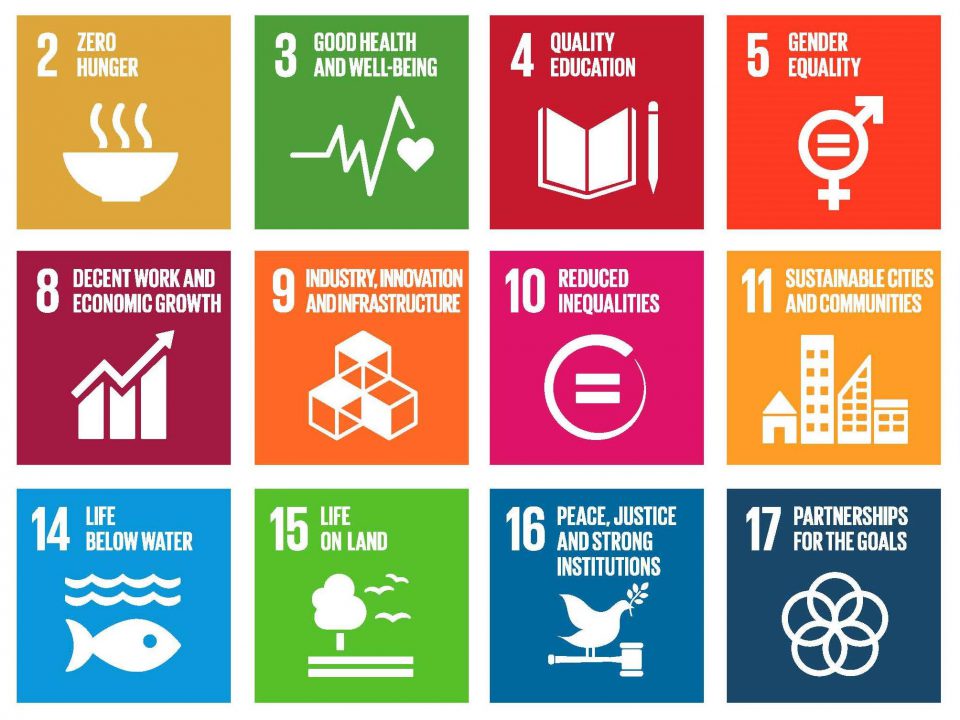- Happy or unhappy with the Odour Observatory? Tell us here!

International Conference on Environmental Odour Monitoring & Control 2021
May 11, 2021The first webinar of the D-NOSES project, promoted by APEA , took place on the morning of April 27th. This webinar was dedicated to citizen science for odour monitoring in the water and waste sectors. The session took place over three hours and was attended by representatives from all the quadruple helix. Between 80 to 90 participants attended and the event was hailed a success.
The first session consisted of two presentations about best practices in odour management; the first one explaining the LIPOR case study regarding waste management and the second one presenting the measures applied in the WasteWater Treatment Plant of Alcântara in Lisbon.
This was followed by an introduction to the D-NOSES project, presented by Rosa Arias, and a quick interactive exercise was carried out to glean a better understanding of the advantages of citizen science in odour monitoring from the different perspectives of the attendees.
In the third session, the results of three different pilots of D-NOSES were presented: the Italian pilot by Laura Capelli, the Chilean pilot by Gerhard Schleenstein and the Barcelona pilot by Rosa Arias. They explained the different results and the specific characteristics of each location. It was followed by a quick workshop where the OdourObservatory webpage was presented during which participants were asked for their professional perspectives in relation to relevant and useful content within the Observatory, which was led by Mapping for Change.
A roundtable formed comprising two representatives of the Waste and Wastewater sectors in Portugal, an APEA member, and the Environmental Officer of Kampala City Council Authority (Uganda) made up the final session of the day. It was a very productive discussion thanks to the diversity of participants and the ideas gathered. The industry attendants commented on the complementarity of the methodology and the importance of engaging affected communities, meanwhile the KCCA officer remarked on the importance of the data collected for allocating the limited resources of the council. Finally, the Webinar was closed by Inês Costa, the Secretary of State for the Environment of Portugal, who reaffirmed the commitment of the Portuguese Government regarding air pollution and inherently addressing odour pollution.
Links to the presentations given on the day can be accessed here .
By Miguel Hernández




